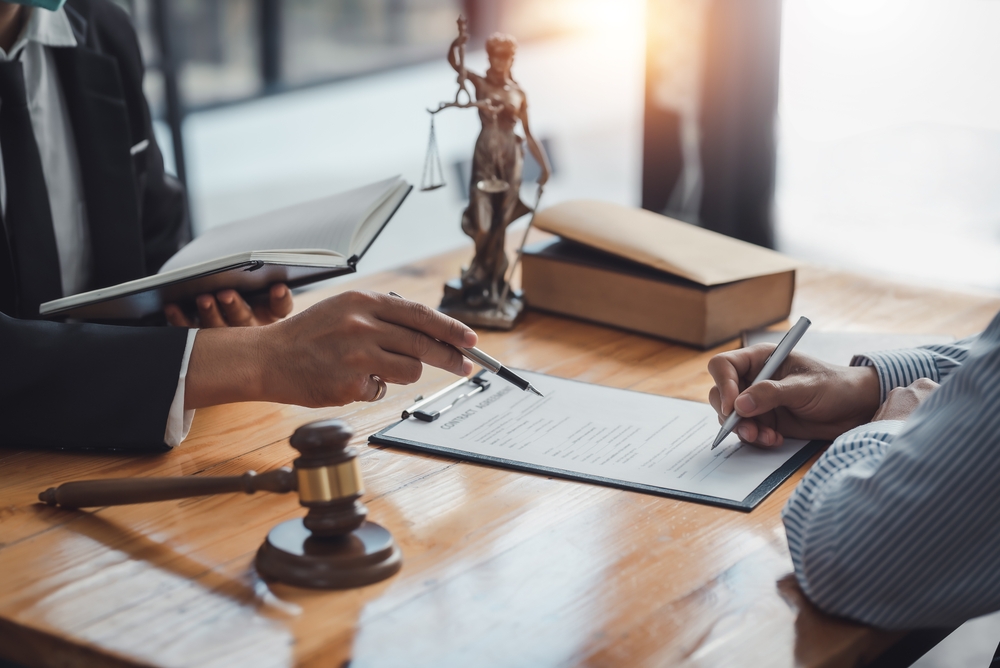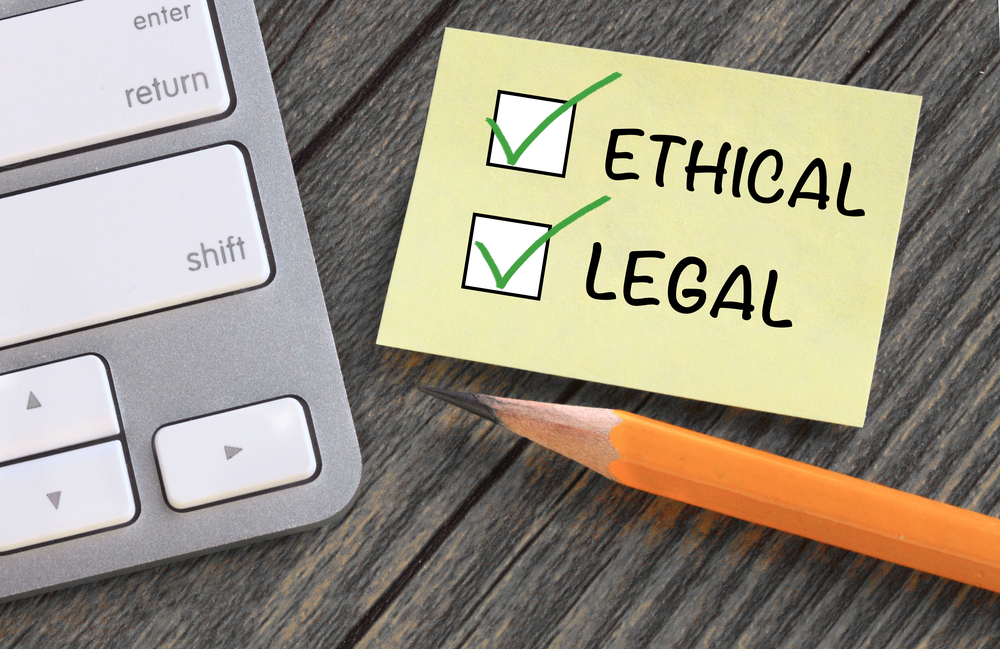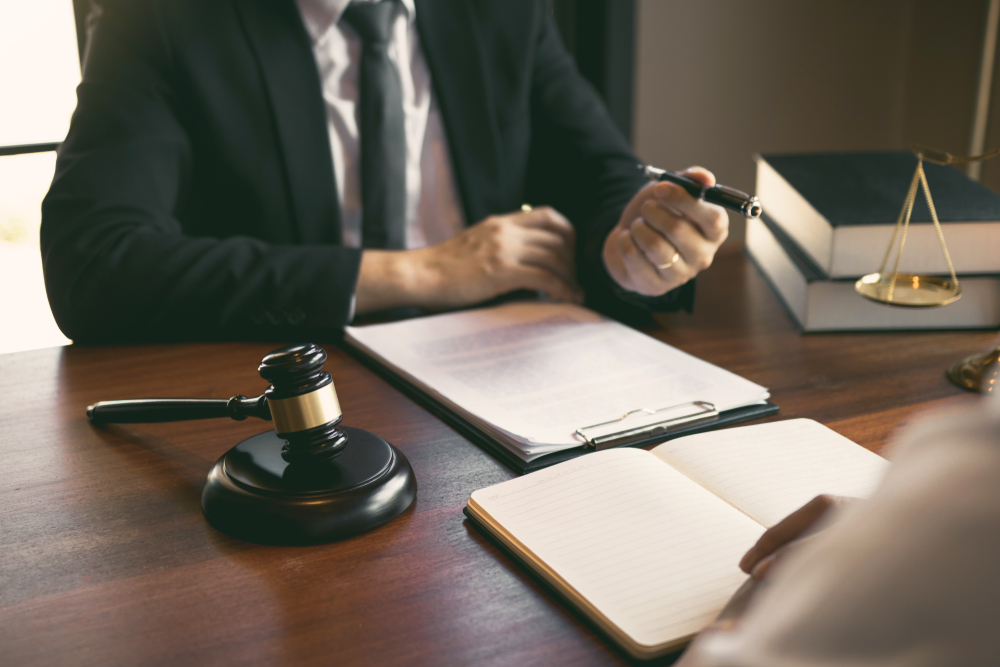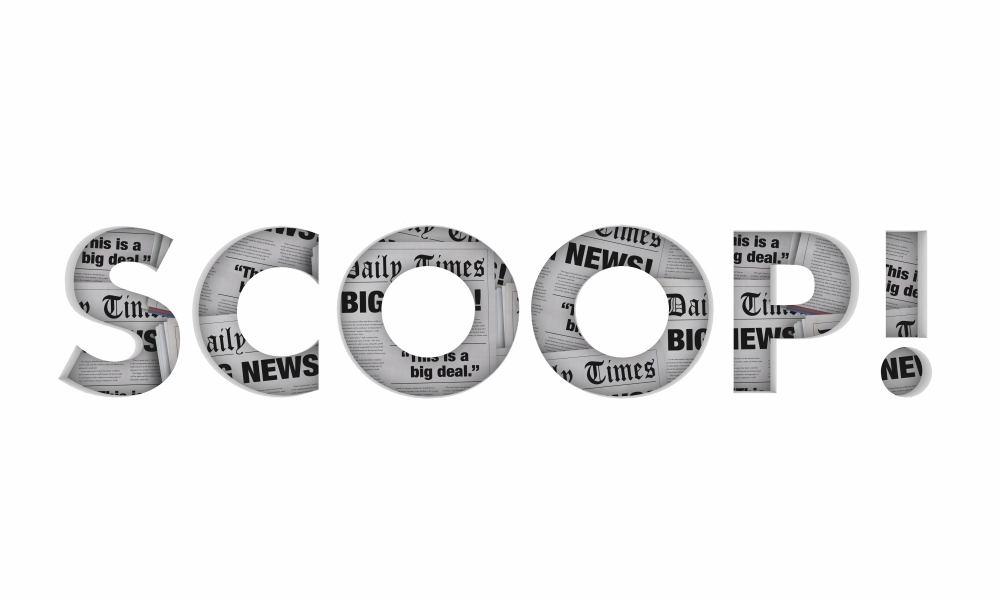Understanding How New Technology Impacts Court Reporting & Scoping
In the solemn chambers of law, where words wield power and truth rises supreme, a silent revolution is underway. Technology, often the emblem of the new and the progressive, is quietly transforming one of the oldest professions in the world—court reporting and scoping.
Traditional stenographers, with their shorthand and typewriters, are finding new allies in the realm of artificial intelligence and cutting-edge software. What does this mean for the practice of court reporting and scoping? And more importantly, what does it mean for the legal world where every word is sacred?
Below, we will deep-dive into the implications of such tech advancements, how they’re altering the day-to-day proceedings of court reporting and scoping, and what the future may hold for this increasingly pivotal profession.
The Rise of AI in the Halls of Justice
Artificial Intelligence (AI) is no stranger to courtrooms, but its impact on the heart of legal documentation—court reporting—has yet to be fully explored. AI’s ability to transcribe spoken word into text with staggering accuracy and speed has made it an invaluable partner to court reporters. These speech-to-text technologies, when combined with sophisticated natural language processing, not only record the proceedings but also help to organize and search through vast repositories of legal documents.
One of the key tools in AI’s quiver is real-time transcription, allowing for immediate access to the spoken word that can be used by judges and attorneys, enhancing the speed and effectiveness of the judicial process. With AI’s involvement, judges and attorneys can quickly access the record of testimonies and legal arguments, potentially shortening the length of trials.
But it’s not just about transcription. AI has the potential to analyze data trends and patterns within legal cases, which could offer unprecedented insights for building legal strategies. Imagine software that can sift through precedents and case law, highlighting the most relevant material. The implications for court reporting, and for law, are immense.
Digital Recording Devices: Beyond Just Playback
The evolution of digital recording devices is significant, not only in terms of audio quality but also the features they now offer. These new systems allow for not just recording and playback but also real-time monitoring and annotation of the audio, which can be synchronized with text for a multi-modal record.
An especially promising advancement is the capacity of some devices to recognize different speakers during live dialog, which could significantly reduce post-processing review time. This speaker recognition technology is also making its way into the realm of scoping, where it can help identify who said what with greater precision. This development is particularly exciting as it promises not just speed, but also a higher level of accuracy in the final, official transcript.
The latest in digital recording devices are also more mobile than their predecessors, which allows court reporters and scopists to work remotely without sacrificing the quality of audio or transcript. The implications for flexibility and the work-life balance of legal professionals, particularly court reporters, are noteworthy.
Remote Reporting and Scoping Solutions
The recent years’ upheaval with remote or hybrid work due to global events has hugely accelerated the transition to remote court reporting and scoping. The benefits are clear—less travel for court reporters, potentially lowering the costs for legal parties; expanded work opportunities for skilled professionals regardless of location; and the flexibility to adapt one’s working environment to individual needs.
Cloud-based reporting and scoping software has bridged the gaps. Today’s professionals can collaborate on the same transcript, no matter the distance between them, checking and validating each other’s work in real time within a shared digital space. This level of seamless collaboration would have been impossible without the recent technological strides in connectivity and software.
While the transition to remote work has its challenges, especially in an industry as conservative and meticulous as court reporting, it is a testament to the adaptability of this profession and the resilience of those who practice it. It is also a sign of the times, heralding a new era for court reporting and scoping.
The Human Touch in an Era of Automation
While technology has opened up new horizons for court reporting and scoping, it has also raised questions about the role of the human court reporter in a landscape increasingly dominated by machines. The fears of automation aren’t unfounded; technological advances have disrupted countless industries, often rendering certain jobs obsolete.
However, the unique demands of the courtroom, with its nuanced dialogue and fast-paced interaction, make it unlikely that AI will fully replace human court reporters anytime soon. The ability to contextualize, to understand the subtle shifts in tone, and to discern complex and emotional testimony are skills that machines are still catching up on. In the legal world, trust and reliance upon the human element persist, and the value of the stenographer’s ‘ear’ and context-awareness cannot be overstated.
To bridge the gap between human and machine, some court reporting schools are modifying their programs, including training in both stenography and voice writing using speech recognition software. This hybrid approach aims to produce professionals adept at working with AI, not against it, thus ensuring their continued relevance in a rapidly changing profession.
The Future of Court Reporting and Scoping Technology
What lies ahead for court reporting and scoping technology? The trend seems to indicate a continued integration of AI into the profession, particularly in the areas of efficiency, accessibility, and accuracy. We can expect to see more robust real-time transcriptions, further developments in speaker recognition, and improvements in the analysis and categorization of legal data.
The advent of blockchain technology may also see secure and immutable transcripts as a standard, enhancing the credibility and evidentiary value of court records. Virtual reality may allow judges and juries to ‘revisit’ crime scenes or incidents, potentially transforming the way evidence is presented in court.
Yet, the most significant development may not be a single technological breakthrough but how these disparate technologies will coalesce to create a comprehensive ecosystem for legal documentation. This ecosystem could fundamentally alter the way legal teams prepare and present their cases, with access to a vast, reliable, and immediately available body of legal information.
In conclusion, the union of technology and tradition in court reporting and scoping presents an exciting landscape of possibility. While challenges and adjustments lie ahead, it is clear that the profession is not only adapting to the digital age but also shaping it. The courtroom of the near future may look much the same, but the way we hear, absorb, and interact with its proceedings is poised to change forever.










